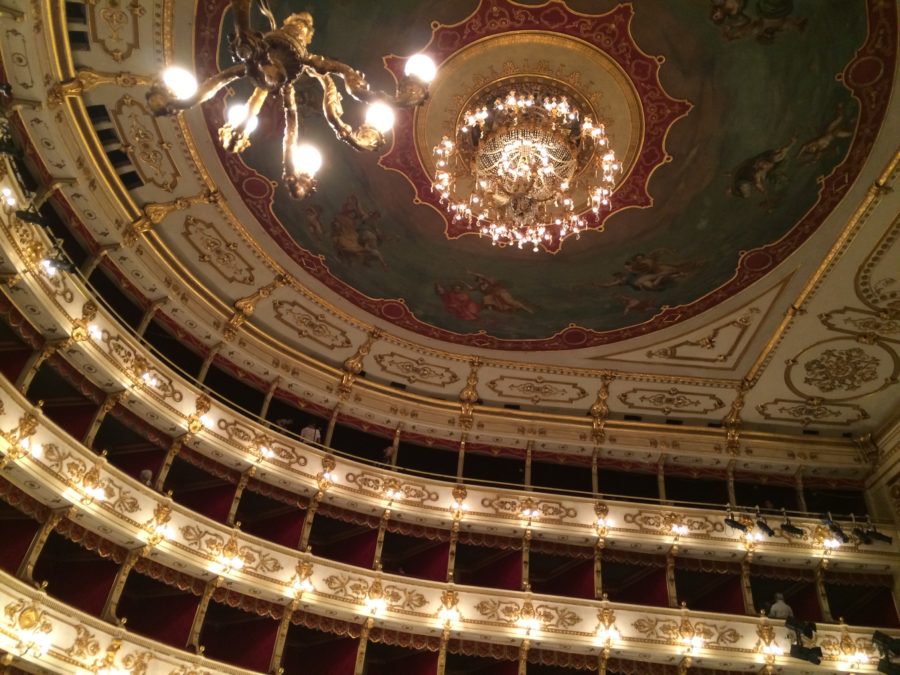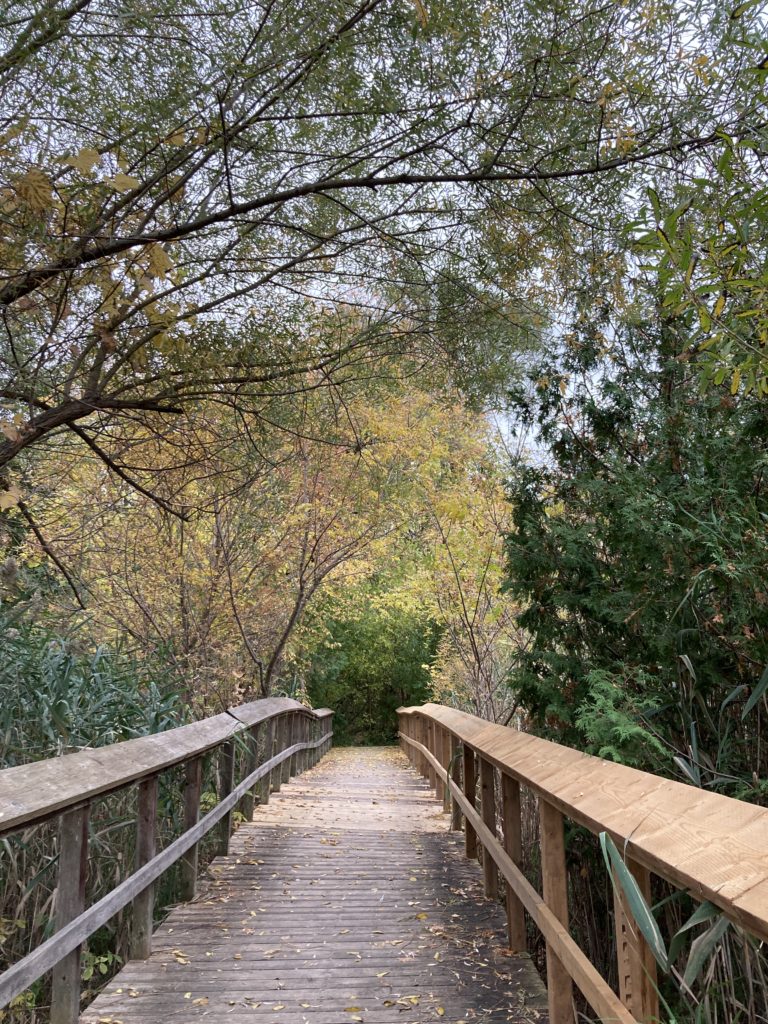It’s been a very busy few months.
Along with teaching commitments, I’ve been writing classical and theatre-related pieces for Canadian media outlet The Globe & Mail, and I have a cover story (about Cree composer Andrew Balfour) for the Winter 2023 edition of La Scena Musicale magazine. You can find all the links (to interviews, features, and reviews) here.
Lately I’ve been thinking a lot about Jessica DeFino’s excellent, thoughtful essay posted at her website (The Unpublishable) which relates ephemerally to the recent chatter about Madonna’s face, but more directly, confronts issues around beauty, aging, perceptions, and the “fluffy feminism” that so colours modern discourse. De Fino forces her reader to confront their own (mostly subconscious, I suspect) ideas relating to aging and desirability; one of the things that jumps out (to me) is the extent to which social media has created a sense of performative intimacy around the experience of these things, and an encouragement of projection and identification, largely with people who hold great wealth and power. Such figures (and their respective teams) use that position of privilege to (try to) erase the effects of the aforementioned issues which women who don’t have access to that kind of wealth and power are forced to confront and negotiate.
Today I also came across a powerful piece by Olha Poliukhovych (for Prospect magazine) which examines cultural identity within a vital historical context. Is it Mykola Hohol or Nikolai Gogol? Poliukhovych’s writing has implications far beyond the work (and life) of one 19th century writer, and got me thinking about the romanticizing that (even or especially now) continues around Russian and (especially) Soviet histories, and the ways hard reality interrupts (resets, rethinks, sets afire) such pastel-tinged nostalgia. It’s something I tried to capture last year with my series of essays relating to Ukraine, Russia, and classical culture, and it’s something to ponder throughout Margarita Liutova’s exchange with sociologist Grigory Yudin for Meduza (abridged translation by Emily Laskin). His points relating to resentment have socio-cultural tentacles, and reading it brought to mind the strong Russian backlash to the #MeToo movement, and subsequently to the persistent complaints of “cancel culture” at work in European and American cultural institutions. But is it really that (shouts of “cancellation” seem to smack of the resentment Yudin identifies), or a more contextualized and wholly overdue sensitivity and awareness, things which Poliukhovych highlights so eloquently?
Speaking of intelligent contextualizing, Opernhaus Zürich has published a very good exchange with German director Tatjana Gürbaca in which she examines the notion that opera is anti-woman – or at least, that a disproportionate number of women in opera die/suffer/are victimized/traumatized. Gürbaca notes that not all opera deaths are the same (“Und nicht jeder Frauen tod sieht gleich aus”) and uses contextualized examples. Donizetti’s Lucia, for instance, doesn’t merely die but goes insane and in her famous “mad scene” aria has more power than of the other characters combined, that “with her coloratura (Lucia) takes space and reclaims her freedom. She also becomes a perpetrator, just like Tosca.” (“mit ihren Koloraturen nimmt sie sich Raum und erobert ihre Freiheit zurück. Ausserdem wird sie zur Täterin, genau wie Tosca.”). The director notes it isn’t just the opera world that has to grapple with issues around diversity, patriarchy, and cultural appropriation, either. “Ver altetes Denken nistet nicht nur im Repertoire der Opernhäuser, sondern auch in Banken, Universitäten, Fernsehanstalten, Krankenhäusern und Supermärkten. Überall.” (“Outdated thinking nests not only in the repertoire of opera houses, but also in banks, universities, television stations, hospitals and supermarkets. Everywhere.”)
Still with readings (even if it isn’t fully finished just yet): a new interview is coming to The Opera Queen with bass-baritone Christian Immler, whom I last spoke with in 2021. That exchange focused on the work of Hans Gál (and a little bit on Johann Sebastian Bach); our most recent one revolved around that of Jorg Widmann and Detlev Glanert. The two contemporary German composers have done some very compelling writing lately, for chamber and orchestra respectively, and Immler and I explored their works within the context of a cultural landscape grappling with the realities of war, politics, and lingering health concerns. That conversation will be posting in March 2023.
Also: more The Globe & Mail work is coming. Links will be posted at my Professional Work page.
Finally: I am considering starting a monthly newsletter. The idea has been inspired by the various works and writers mentioned in this post. The newsletter would replace the unpredictable postings of the past, and would consist of either an interview or a short essay. More than ever I realize I need to follow new paths, although I am still working out details (though I am clear on some: old material = accessible; new writing, get out your wallets). Maybe? Updates forthcoming.
Until then, to borrow a phrase from the weekly newsletter of music writer Axel Brüggemann, “Halten Sie die Ohren steif!”


